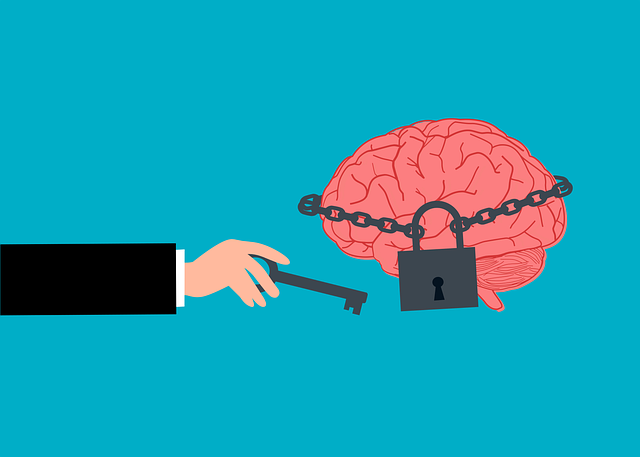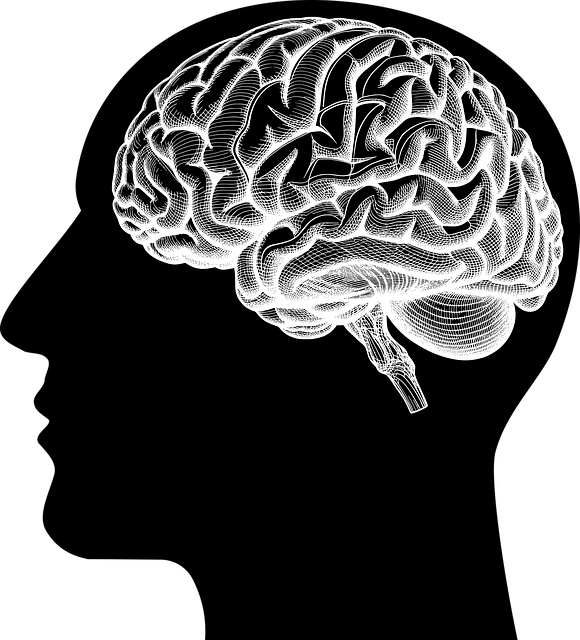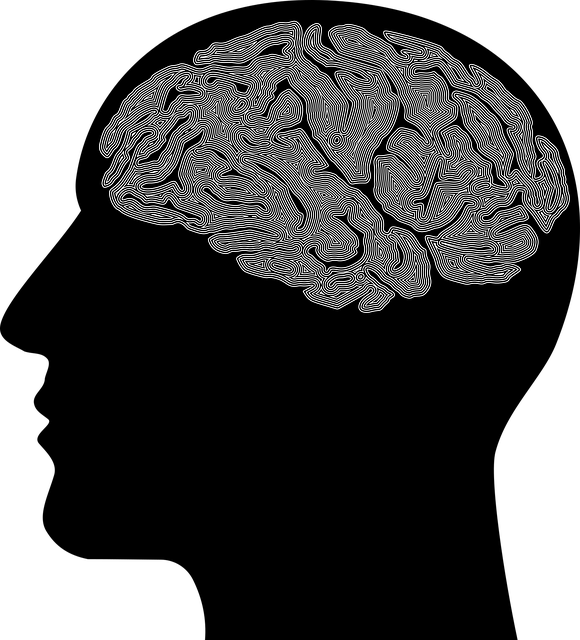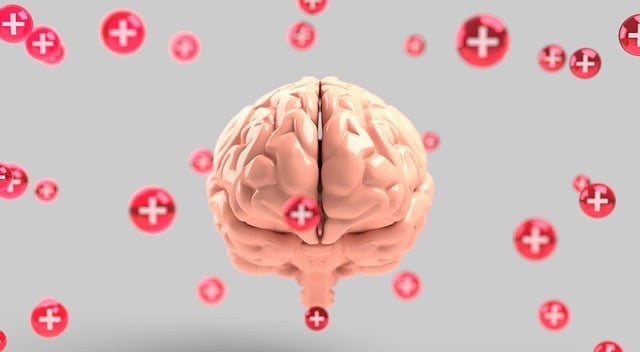Emotion regulation is a critical aspect of managing Functional Neurological Disorders (FNDs), which can significantly impact an individual's emotional well-being due to symptoms like chronic pain and sensory disturbances. Tailored therapy, incorporating techniques such as Cognitive Behavioral Therapy (CBT) and Mindfulness-Based Stress Reduction (MBSR), empowers adults with FNDs to develop self-care routines that enhance their emotional control and overall quality of life. Structured Mental Health Education Programs focused on emotion regulation provide valuable tools for navigating emotional challenges, fostering resilience, and improving long-term mental health outcomes for those affected by these disorders.
Emotion regulation techniques are invaluable tools for individuals navigating functional neurological disorders (FNDs). This article delves into the significance of understanding and managing emotions, highlighting unique challenges faced by adults with FNDs. We explore evidence-based therapy approaches, including cognitive-behavioral therapies, mindfulness practices, and acceptance strategies. Furthermore, we provide practical strategies to integrate these techniques into daily routines, empowering individuals to enhance emotional well-being and improve overall quality of life. Discover how tailored therapy for adults with FNDs can revolutionize emotion regulation and foster resilience.
- Understanding Emotion Regulation and its Significance for Adults with Functional Neurological Disorders
- Common Challenges in Managing Emotions for Affected Individuals
- Effective Therapy Approaches for Teaching Emotion Regulation Skills
- Practical Strategies for Integrating Techniques into Daily Life
Understanding Emotion Regulation and its Significance for Adults with Functional Neurological Disorders

Emotion regulation refers to the ability to understand, manage, and respond to one’s emotions effectively. For adults with functional neurological disorders (FNDs), this skill is particularly crucial as these conditions can significantly impact emotional well-being. FNDs often present with symptoms like chronic pain, sensory disturbances, and motor difficulties, which can trigger intense and varied emotional responses.
Therapy for Adults with Functional Neurological Disorders that incorporates emotion regulation techniques becomes a powerful tool in their mental health arsenal. Mentally healthy individuals can learn to navigate their emotions through various strategies, but for those with FNDs, tailored therapy is essential. Mental Health Education Programs Design focused on emotion regulation can empower these adults to develop self-care routines (Self-Care Routine Development for Better Mental Health) that include mindfulness practices, cognitive reframing, and emotional healing processes. These techniques enable them to gain a sense of control over their emotions, thereby improving overall quality of life.
Common Challenges in Managing Emotions for Affected Individuals

Managing emotions can be a significant challenge for individuals dealing with functional neurological disorders (FNDs), as they often experience intense and distressing symptoms that can disrupt daily life. These challenges are multifaceted, impacting both physical and emotional well-being. FND sufferers may struggle to regulate their responses to stimuli, leading to frequent episodes of anxiety, panic, or even psychotic symptoms. The complexity of these disorders often requires specialized therapy for adults, tailored to address the unique barriers they face.
One major hurdle is the lack of understanding about the disorder itself. Many individuals affected by FNDs feel isolated and frustrated, as their experiences can be hard to explain and may not align with typical emotional reactions. This sense of confusion can exacerbate feelings of anxiety and depression. Effective therapy involves educating patients on their condition, promoting self-awareness, and providing tools for risk management planning—all essential components in the mental health education programs design process. Through these means, mental health professionals can empower individuals to better navigate their emotional landscape and improve overall quality of life.
Effective Therapy Approaches for Teaching Emotion Regulation Skills

Teaching emotion regulation skills is a cornerstone of effective therapy for adults with functional neurological disorders (FND). Cognitive Behavioral Therapy (CBT) has proven to be particularly beneficial, helping individuals identify and challenge negative thought patterns that can escalate emotional distress. By combining CBT techniques like cognitive restructuring and mindfulness exercises, therapists enable clients to develop healthier coping mechanisms and improve their overall mental wellness.
Additionally, Mindfulness-Based Stress Reduction (MBSR), a popular approach in the Mental Wellness Podcast Series Production realm, has shown promise in enhancing emotion regulation. MBSR encourages individuals to focus on the present moment without judgment, thereby reducing the impact of stressful situations. Incorporating these evidence-based practices into therapy sessions aligns with the goals of Mental Health Policy Analysis and Advocacy efforts, aiming to improve access to effective treatments for FND. Furthermore, designing structured Mental Health Education Programs can equip individuals with practical tools to manage emotions, fostering a more resilient mindset and contributing to long-term mental health success.
Practical Strategies for Integrating Techniques into Daily Life

Integrating emotion regulation techniques into daily life is a practical step towards enhancing emotional well-being for individuals with Functional Neurological Disorders (FND). These disorders can significantly impact an individual’s ability to manage and express emotions, making it crucial to employ strategies that foster self-esteem improvement and emotional resilience. One effective approach is to start with simple mindfulness exercises, such as deep breathing or body scans, which can be seamlessly incorporated into daily routines like commuting or mealtimes. These techniques help individuals become more aware of their emotional states and provide tools to navigate intense feelings.
Additionally, cognitive reappraisal is a powerful technique that encourages reframing negative thoughts and emotions. By challenging unhelpful thought patterns, individuals with FND can gain a sense of control over their emotional responses. This strategy can be practiced during moments of stress or anxiety by actively identifying negative thoughts and replacing them with more balanced perspectives. Over time, these practices contribute to better emotional regulation, fostering a greater sense of calm and improving overall self-esteem.
Emotion regulation techniques offer a powerful tool for improving quality of life, particularly for adults with functional neurological disorders (FNDs). By understanding the significance of emotional control and leveraging effective therapy approaches, such as cognitive-behavioral therapy (CBT) and mindfulness practices, individuals can navigate their emotional challenges more effectively. Integrating these strategies into daily routines enables better management of FND symptoms, fostering a greater sense of well-being. For those seeking therapy for adults with functional neurological disorders, teaching emotion regulation skills is a vital step towards enhancing resilience and overall mental health.














